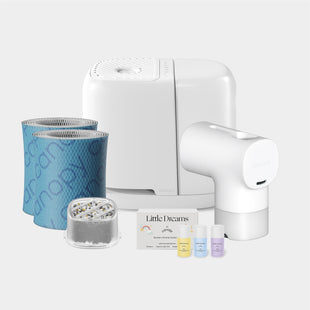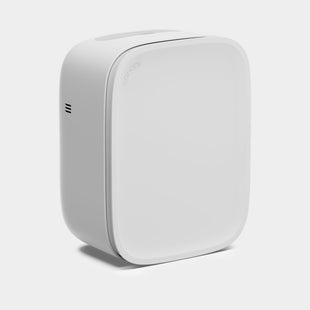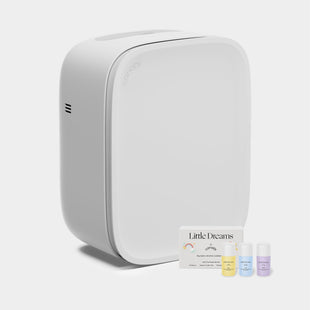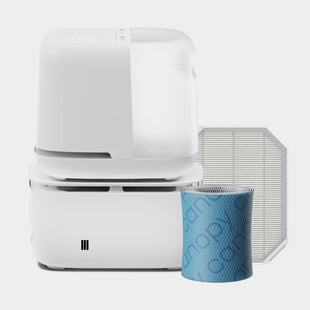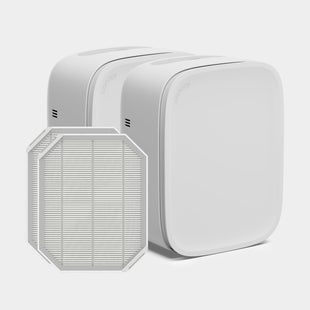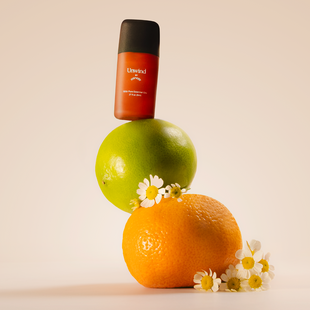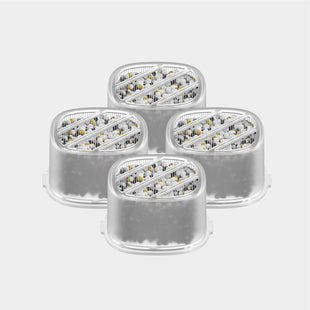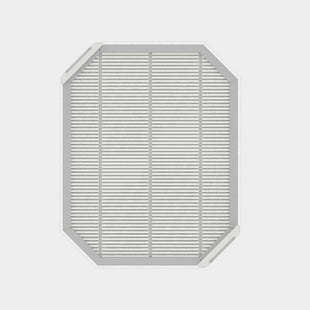Maintaining the right humidity level inside your home is a delicate balance. Often, winter conditions can zap the moisture from the air, and indoor air is no exception. Many people, therefore, add humidity back into their homes using a humidifier. But you don’t want your home to become too humid, either. Fortunately, it’s possible to achieve optimal indoor humidity in winter, no matter where you live.
What Is the Ideal Indoor Humidity Level During Winter?
Winter humidity in houses tends to be quite low. In fact, most homes have a humidity level of just 10% during the cold season. Unless outdoor temperatures are below 10° F, that's just too dry. The recommended humidity level for homes is between 40% and 60%, regardless of the season or outdoor temperature.
Low humidity allows germs to thrive, and your nasal passages and respiratory tracts can become irritated due to the lack of moisture. Additionally, your skin, hair, and nails can become dry. Low humidity also leads to increased static electricity. Extreme lack of humidity can even cause problems around the house, from furniture and electronics getting damaged to paint and flooring starting to split.
On the other hand, excessive humidity presents its own set of challenges. For one, moisture can make its way into finishes and fixtures, potentially leading to mold development. This can irritate people with asthma or allergies and eventually lead to structural problems, like wood rot. At best, a home that’s too humid will feel muggy and uncomfortable; the air may take on a “heavy” feeling, leaving hard surfaces feeling sticky and soft surfaces feeling damp.

Indoor humidity might sound like it's just a summer concern, but it's important year-round. Achieving the right humidity levels in your home is about more than just comfort. Some winter factors can make it difficult to maintain proper moisture in the air—and they may be beyond your control. There are almost always solutions, however.
How to Adjust Humidity If It’s Too High or Low
While most people need to add humidity to their homes during the winter months, there are some instances in which high humidity/cold weather patterns can develop.
Why Is My House So Humid in Winter?
Although high humidity in houses in winter isn’t as common as low humidity, it can still happen for some seemingly innocuous reasons. Running a hot shower or bath, cooking on the stove, and boiling a kettle all generate moisture. These issues can be especially pronounced in newer homes, which tend to have excellent insulation and little ventilation. While these features help maximize energy efficiency and control heating and cooling costs, they make it easier for humidity to get trapped.
How Can You Reduce Humidity in a House in Winter?
Using the extractor fan in your bathroom during a hot shower or bath can help draw out excess moisture, thereby controlling humidity levels. Otherwise, leave the bathroom door open to encourage airflow.
If you have an extractor fan in your kitchen, you can also run it while cooking on the stove for the same benefit. If not, simply keep a lid on your pots and pans as much as possible to keep moisture contained.
Keeping your home at a steady temperature during the winter can also minimize excessive humidity. Sometimes, it may be necessary to keep the heat a bit lower; warmer air is better able to retain moisture and is more likely to become too humid. If you rent an apartment or have other living arrangements where you can’t control the HVAC system, try to open the windows for better ventilation on mild days.
On the other hand, in warmer climates or during phases of unseasonably warm or rainy weather, humid outdoor air can cause excess indoor moisture during winter. If you live in a warm climate or commonly see periods of heavy rain, it may be worthwhile to assess your home and consider what steps you could take to keep excess humidity out. For example, you may want to upgrade single-pane windows to double-pane, re-grout your windows and seal any other gaps or cracks within the home, and make sure your gutters are cleaned regularly to give water a clear path away from the home.
What If Your House Is Too Dry in Winter?
Typically, the issue of low humidity in homes during winter is far more common—and easier to address. Most people can benefit from simply adding a humidifier to their indoor spaces. Using the device according to the manufacturer’s instructions should help to reduce the risk of any excess humidity developing.
The original Canopy Humidifier and large Humidifier Plus feature intuitive technology designed to optimize performance and prevent mold* growth inside the humidifier. Simply use Auto Mode to enjoy increased hydration when you need it most and energy-saving benefits when you don’t.
*Mold inhibition limited to device interior. Does not treat air or environment. 3rd party lab-tested with Aspergillus niger (ATCC 6275, 16404).









